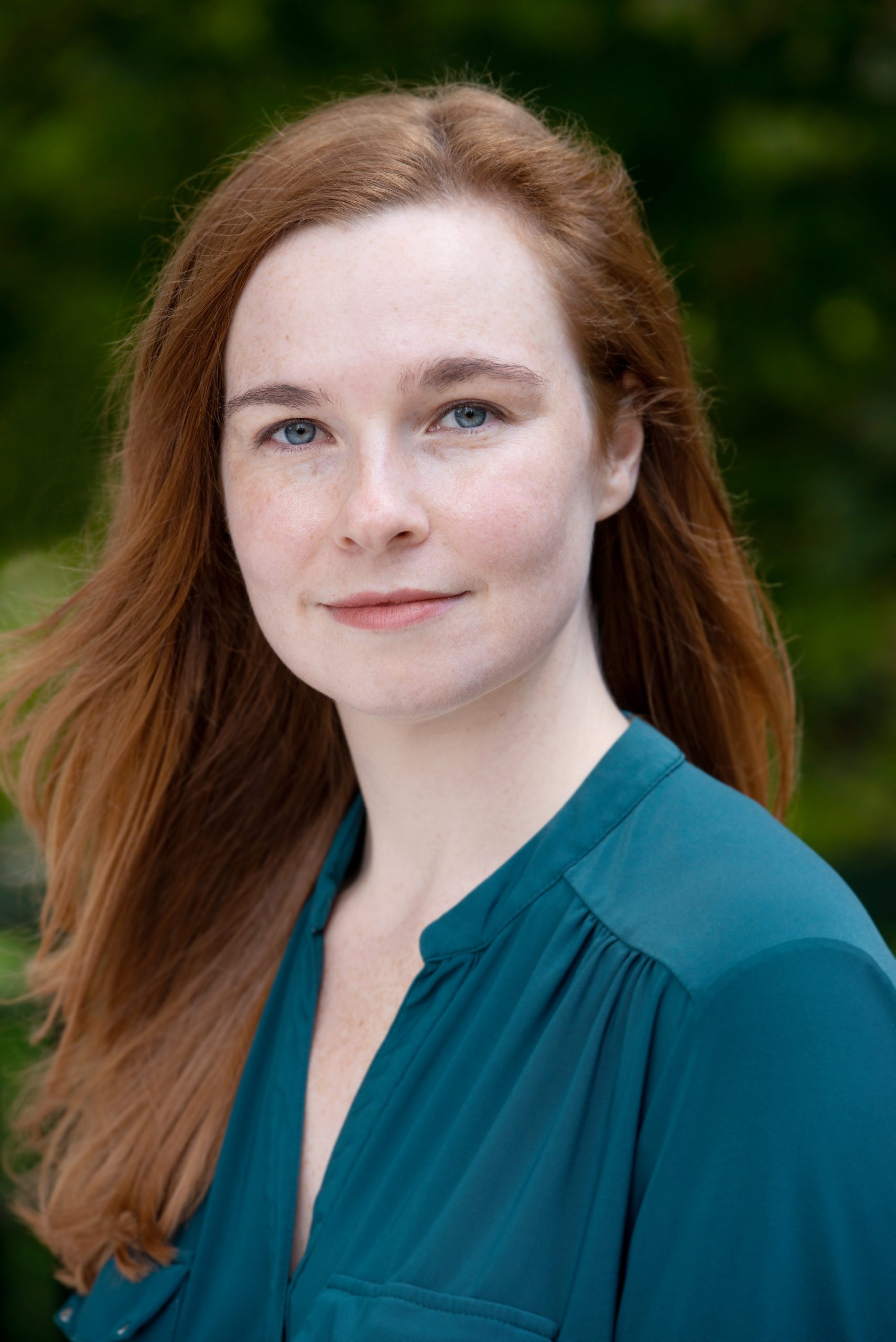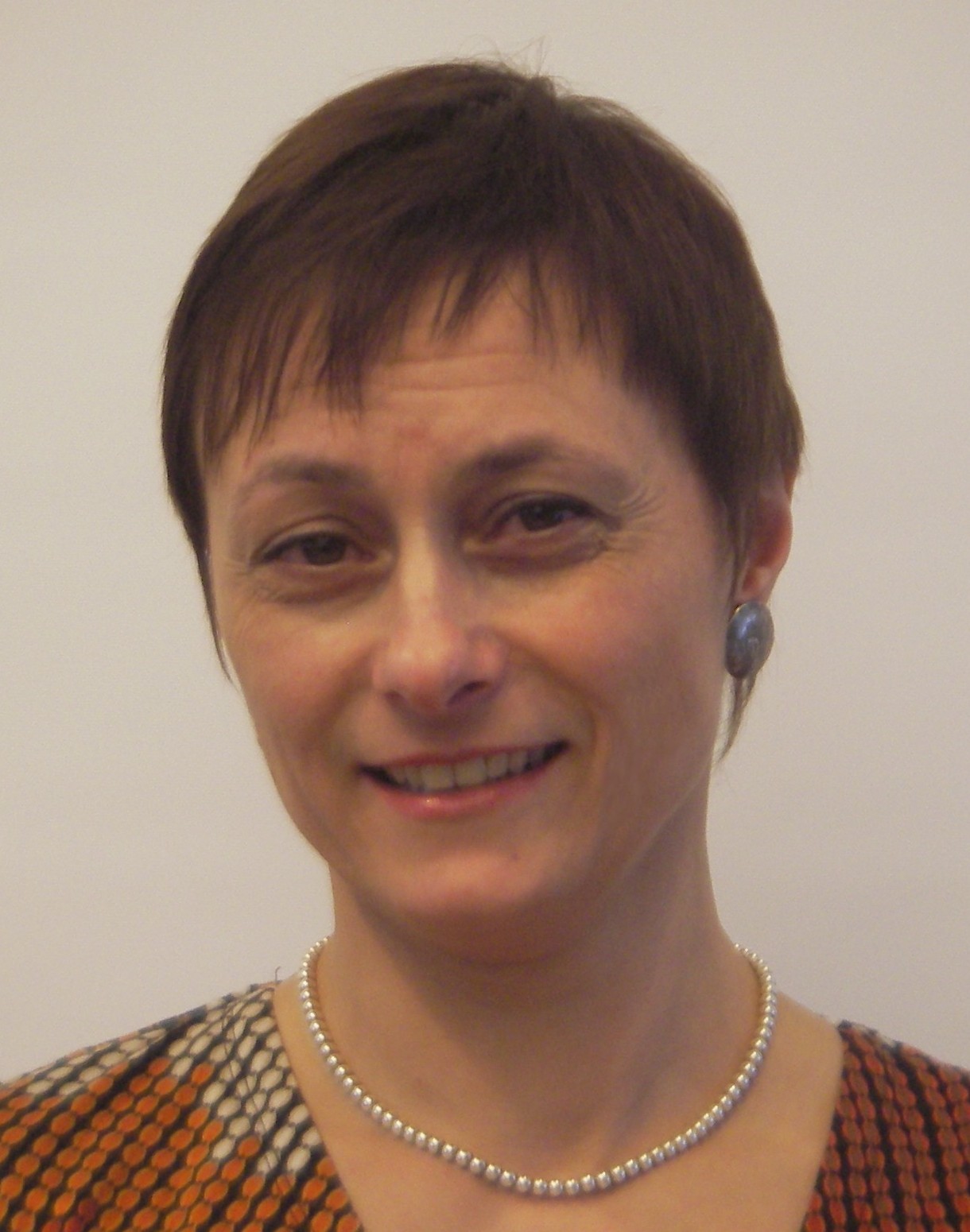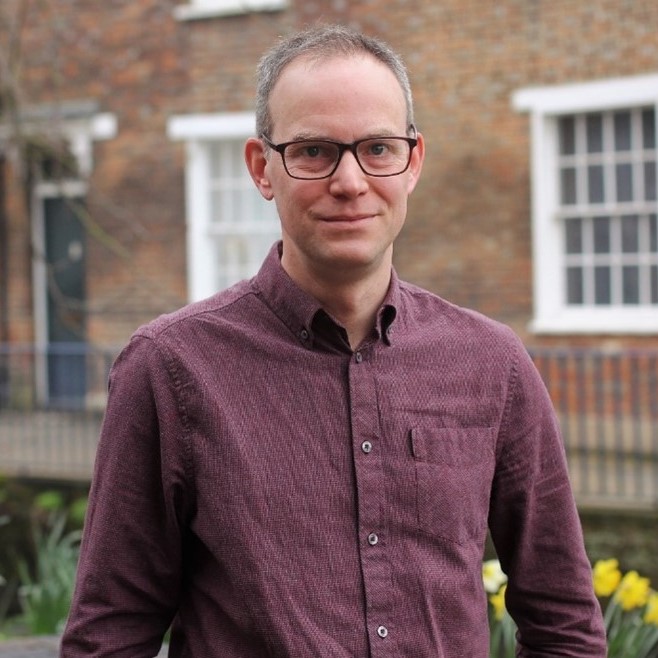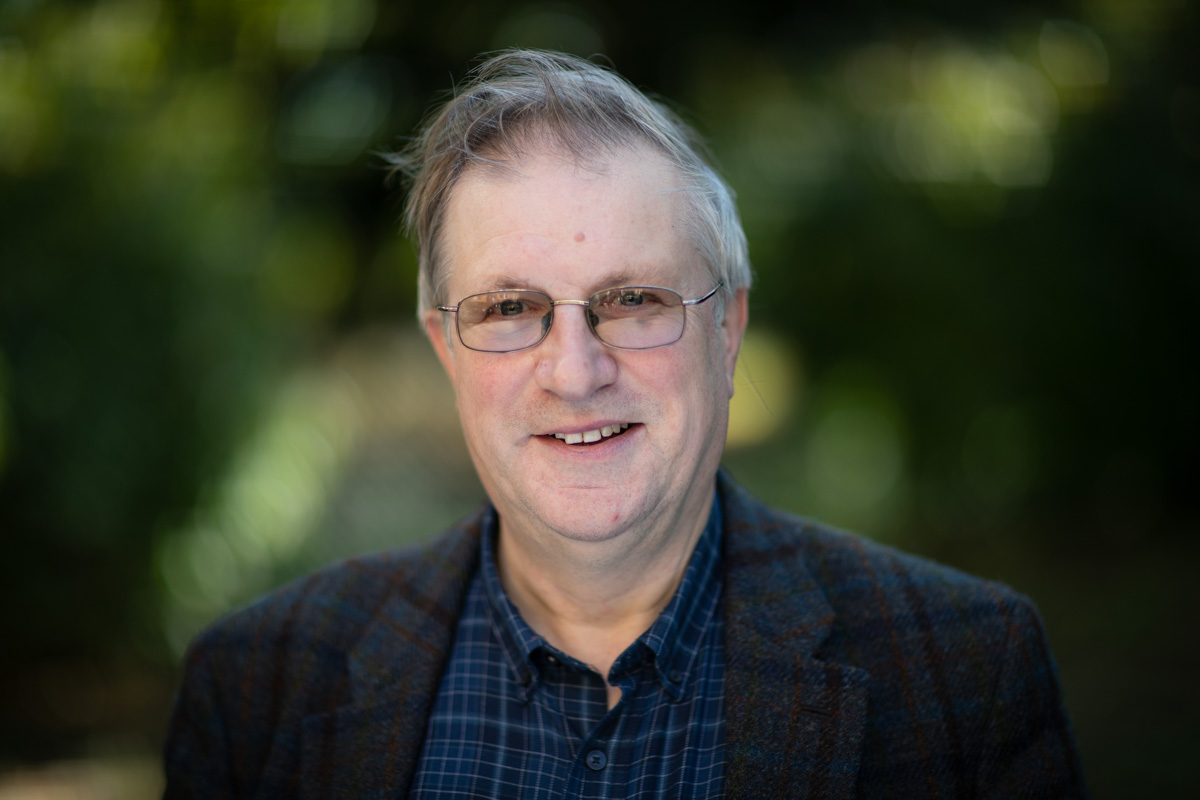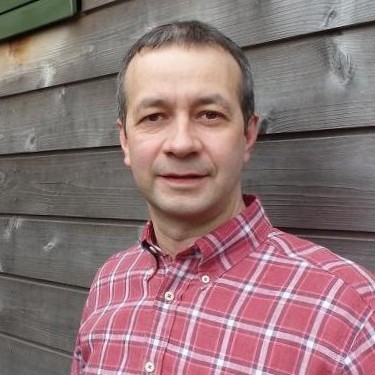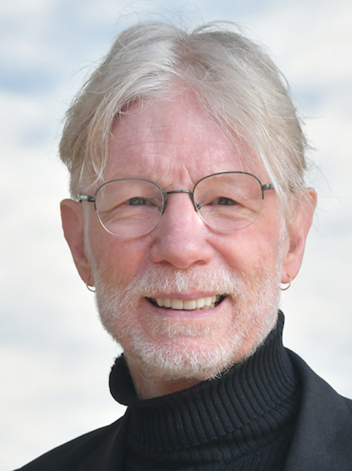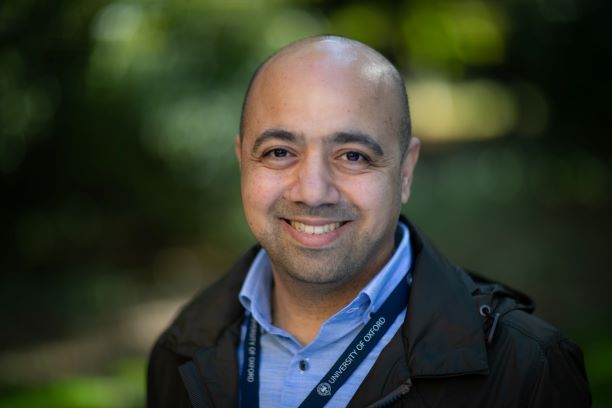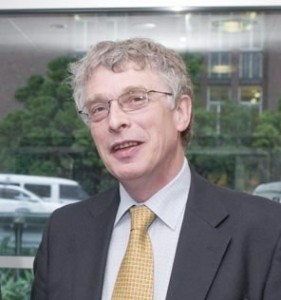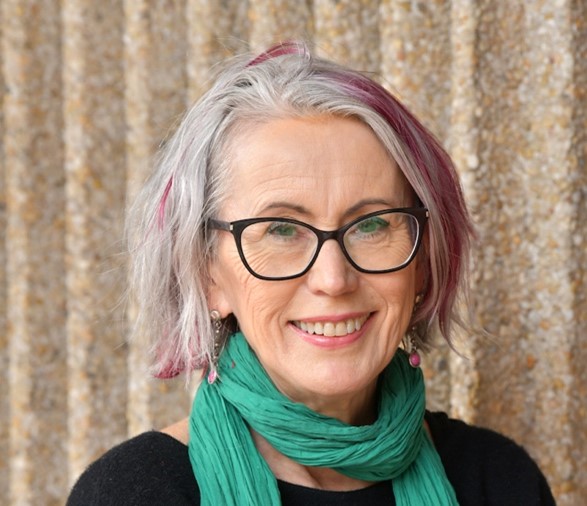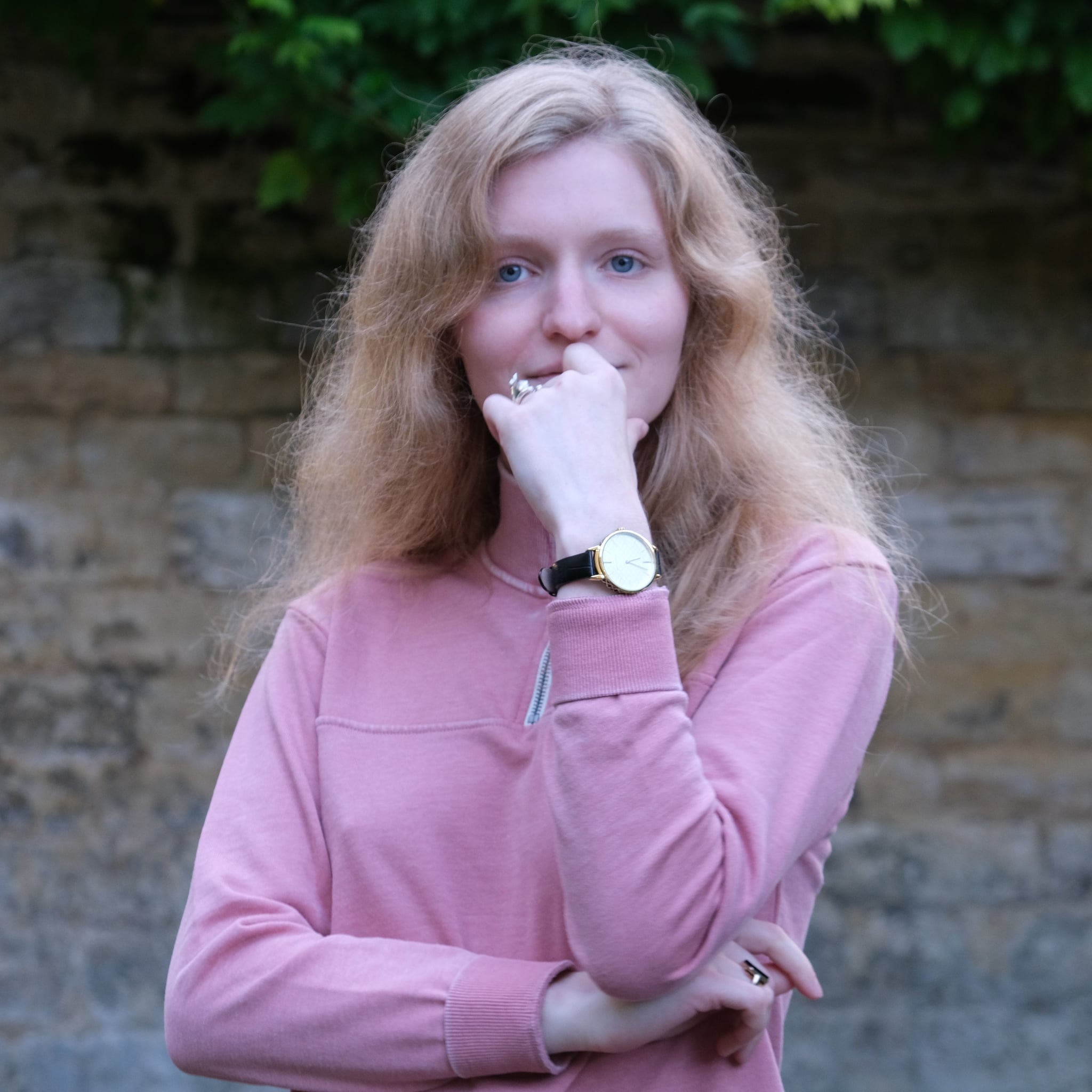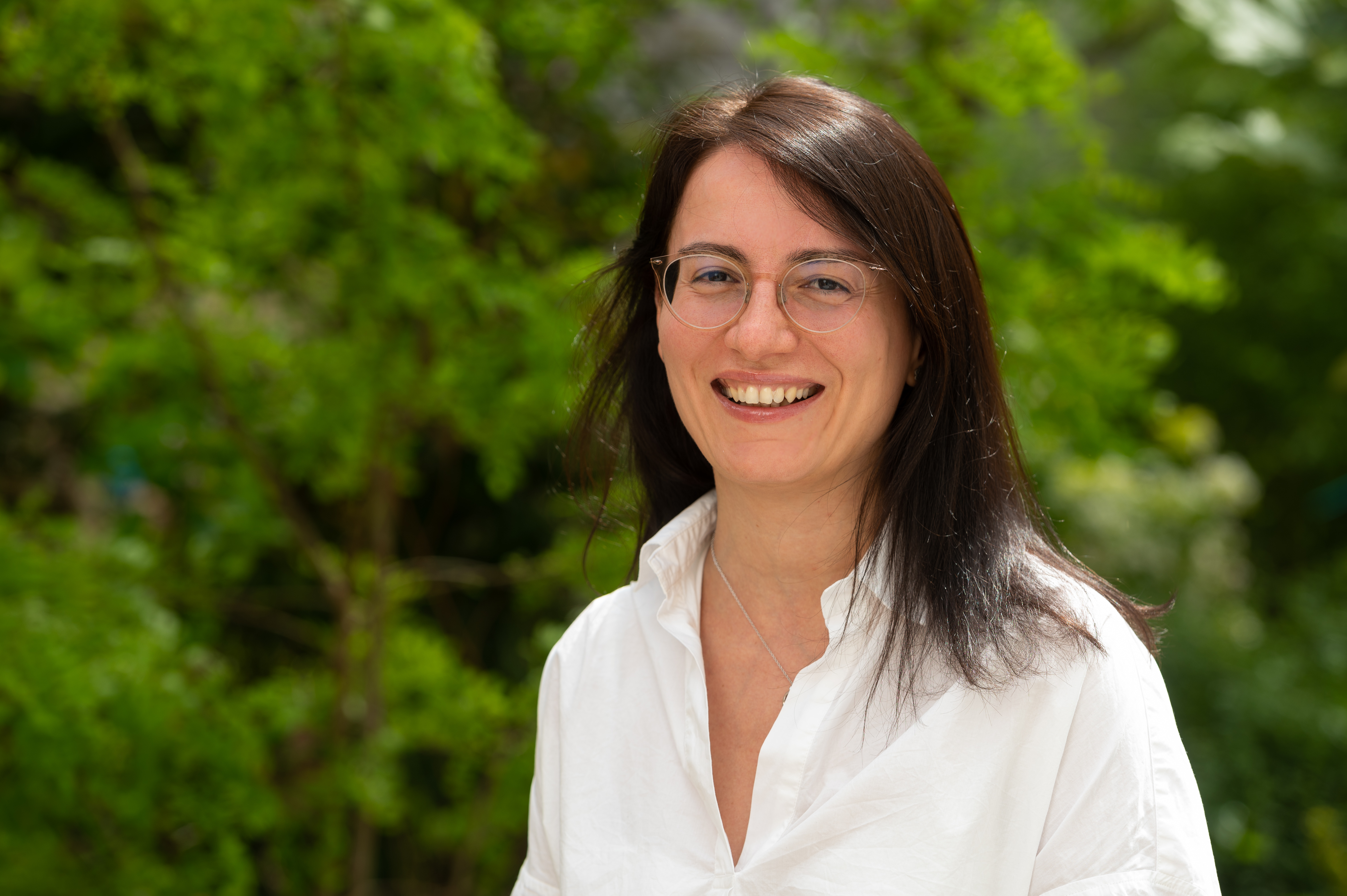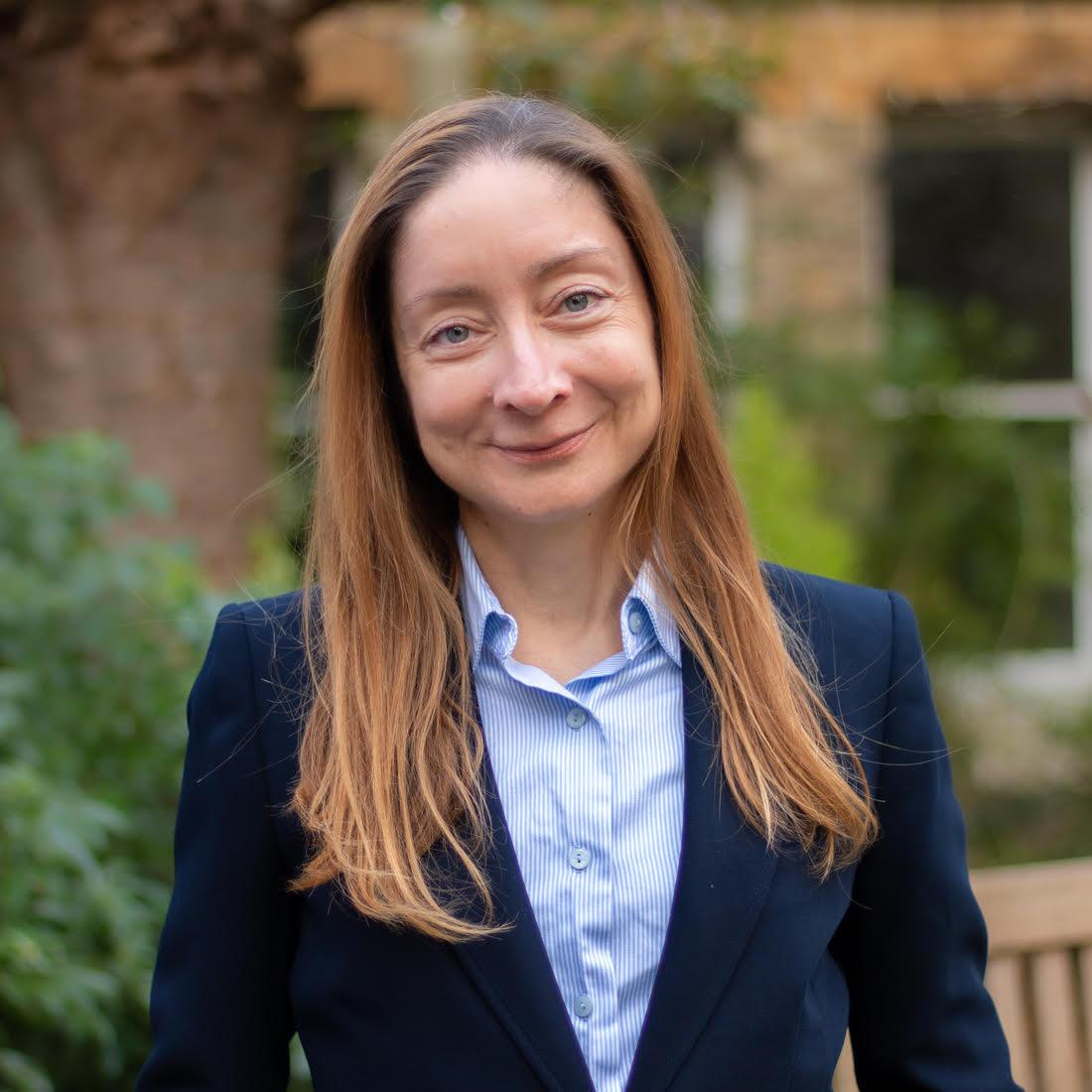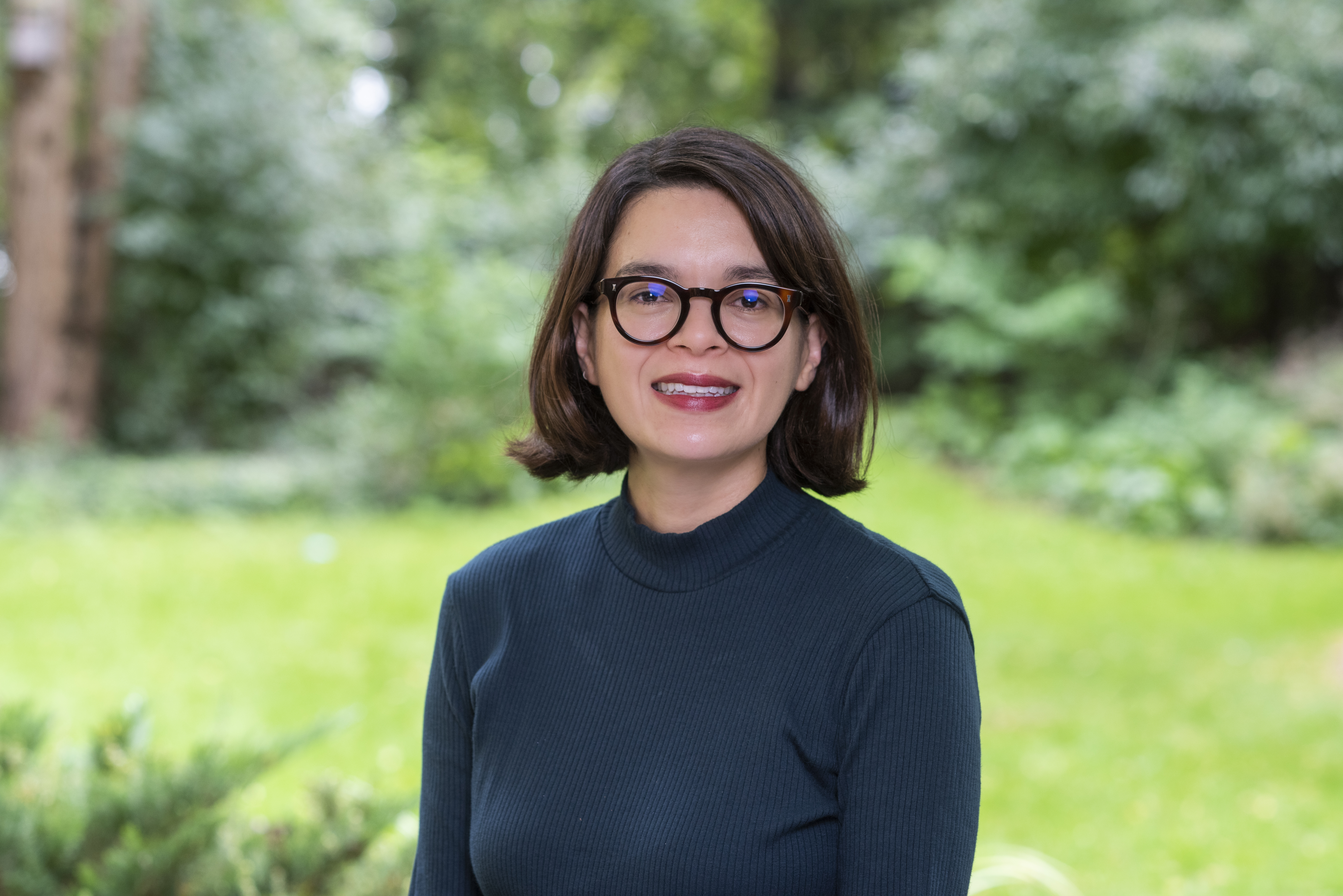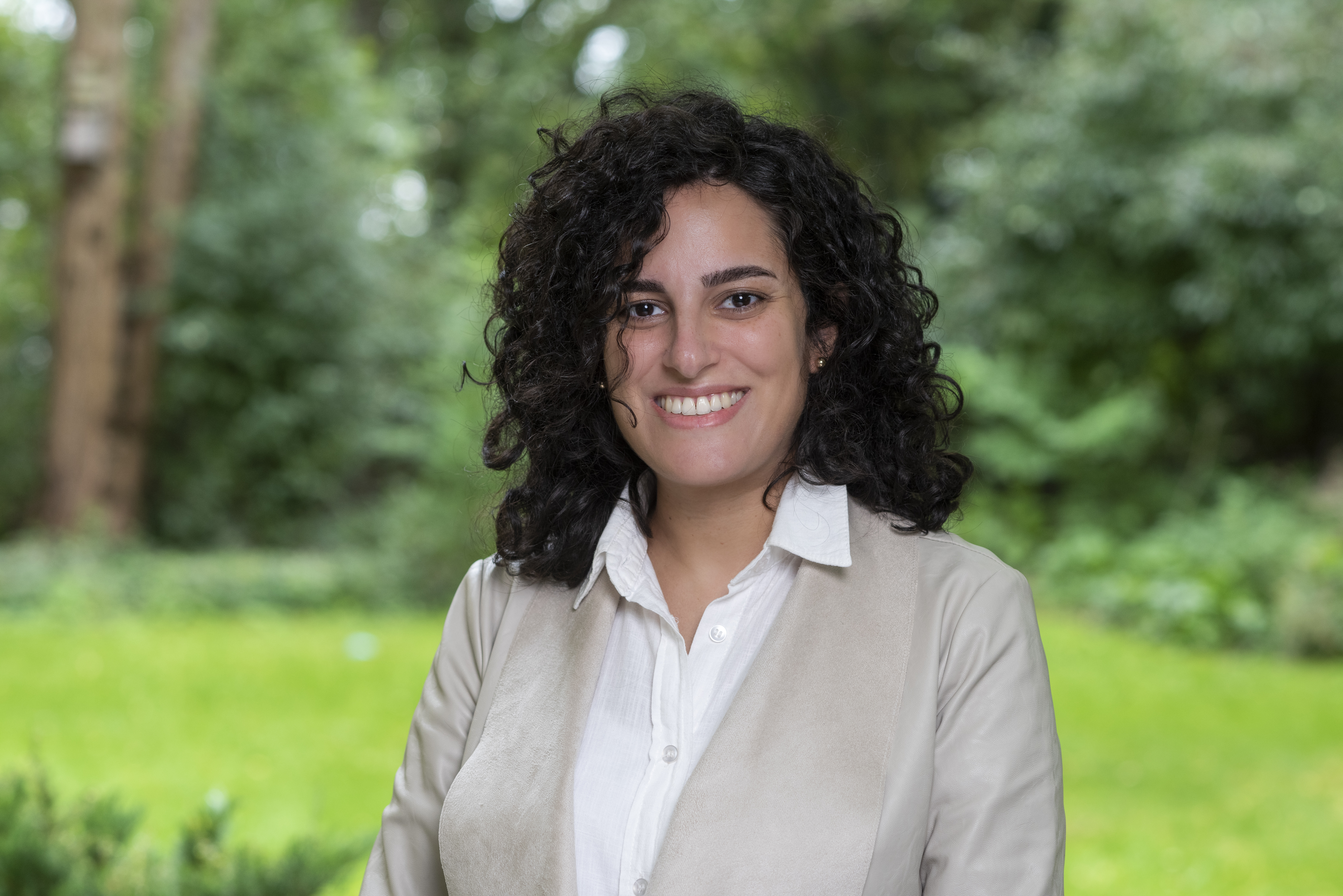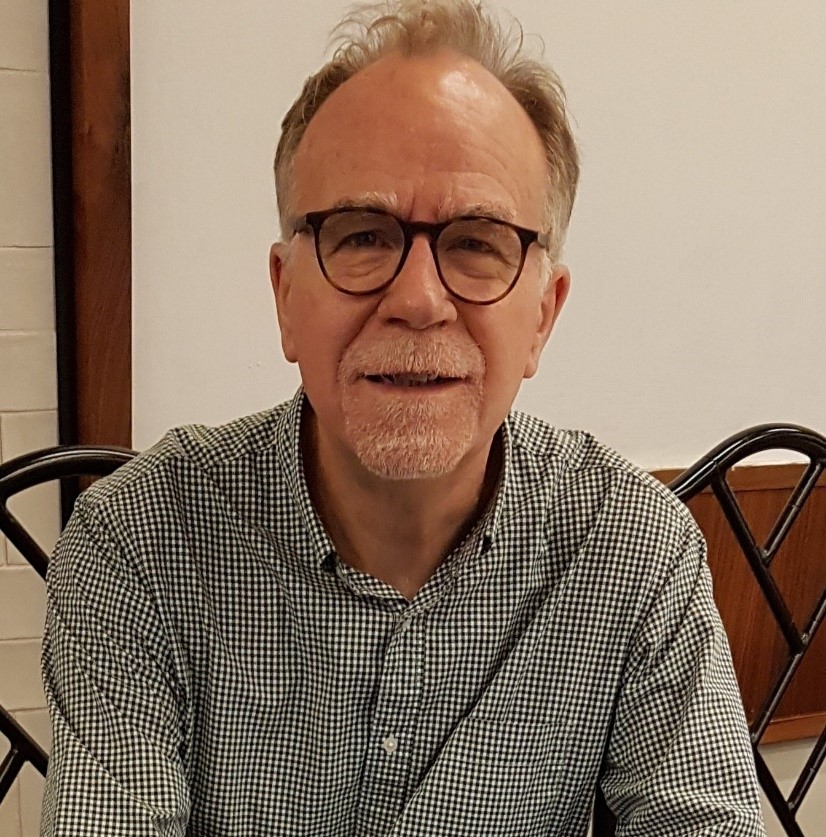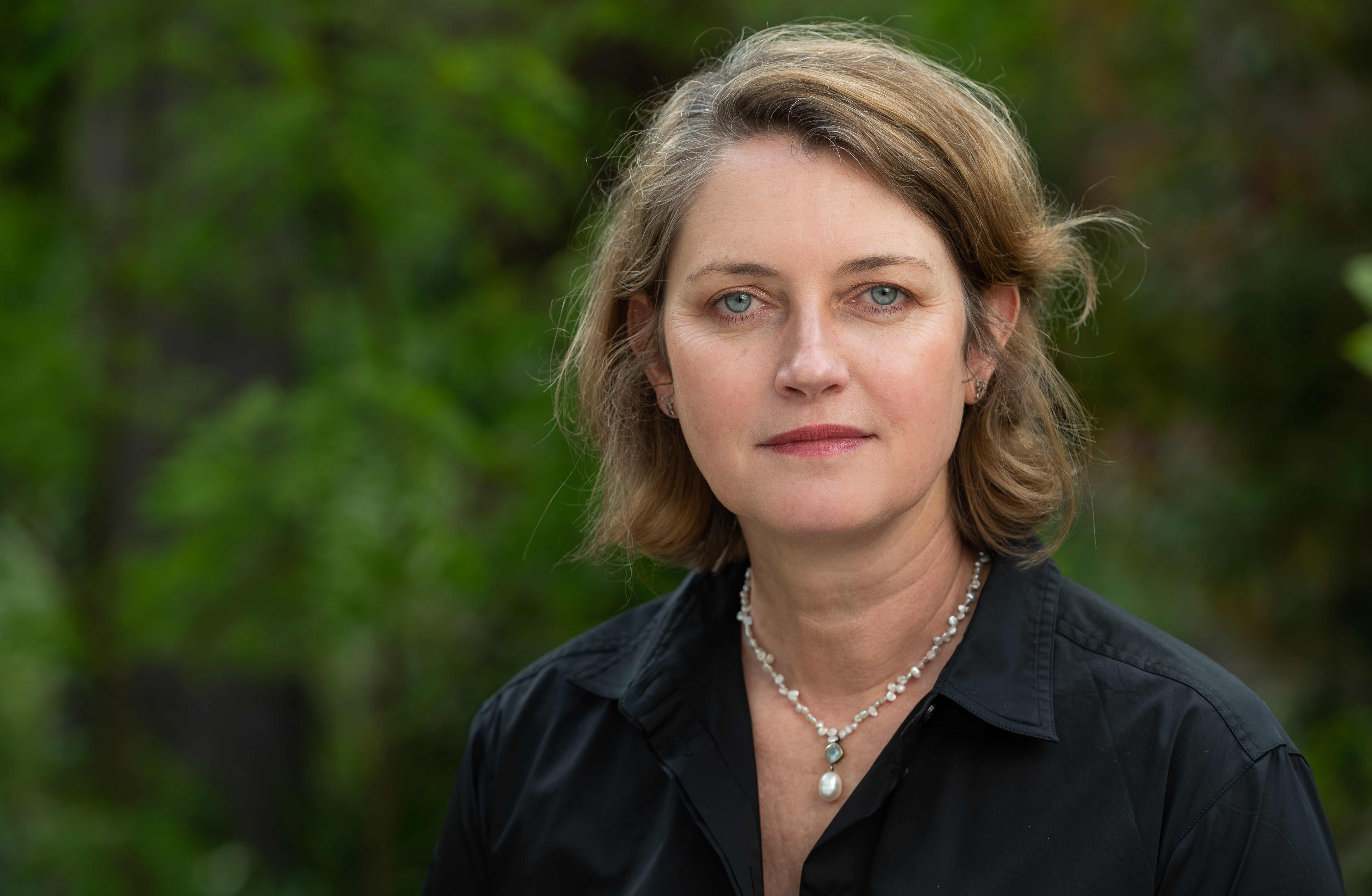About
The Centre on Skills, Knowledge and Organisational Performance (SKOPE) is multi-disciplinary, with staff and associates from most branches of the social sciences.
Its central aim is to examine the links between the acquisition and use of skills and knowledge, production and product strategies and economic performance – be it of individuals, organisations or countries.
Established in 1998, SKOPE was originally one of the ESRC’s designated research centres, receiving an unprecedented three rounds of centre funding. Our research applies a wide range of interdisciplinary lenses and systems-based thinking to examine global skills systems, education and training, research and innovation, and the implications for policy and practice. We work with a wide range of international organisations and governments to link our research with real world challenges.
The Centre is led by Dr James Robson as Centre Director. In addition to its core staff, the SKOPE maintains a network of research associates in the UK and abroad. Some of these associates receive SKOPE funding to work on its research projects.
The aims of the centre are:
- To conduct high quality, impactful research on skills systems, education and training, and research and innovation systems around the world.
- To link our research directly with real world, global challenge through engagement with policy makers, practitioners, and international stakeholders.
- To develop knowledge and capacity within the UK and global research communities on theoretical and empirical issues related to skills systems, E&T, and research and innovation systems.
- To support practitioner and policy communities to embed relevant research in practice and policy discourse and develop their capacity to commission and utilise research on skill, E&T, and research and innovation to maximise the impact.
Our research focus is currently in four main areas:
- Education and Training for the climate
- Social and epistemic justice across and within global education and training and research systems
- The political economy of skills formation
- Tertiary education and training landscapes
See our website for more information on SKOPE projects: https://skope.ox.ac.uk
Selected Publications
2023
- Mckay, F., & Robson, J. (2023). ‘Structured agency’, normalising power, and third space workers: higher education professional services staff as regulatory policy actors. Journal of Further and Higher Education. https://doi.org/10.1080/0309877X.2023.2177526
- Robson, J. (2023). Graduate employment and employability. In S. Marginson, B. Cantwell, D. Platonova, & A. Smolentseva (Eds.), Assessing the contributions of higher education. Edward Elgar. (https://www.e-elgar.com/shop/gbp/assessing-the-contributions-of-higher-education-9781035307166.html)
2022
- James Relly, S. & Robson, J. (2022) ‘Unpacking the tensions between local and national skills policy: employers and Local Enterprise Partnerships as collaborative Anchors’ London Review of Education (https://uclpress.scienceopen.com/hosted-document?doi=10.14324/LRE.20.1.46)
- James Relly, S. Killip, G. Robson, J. Emms, K., Klassen, M. & Laczik, A. (2022) Greening Construction: a complex challenge for jobs, skills, and training. London: The Edge Foundation (https://www.edge.co.uk/research/projects/research-reports/greening-construction-a-complex-challenge-for-jobs-skills-and-training/)
- Puttick, S., Chandrachud, P., Chopra, R., Khosla, R., Robson, J., Singh, S., & Talks, I. (n.d.). Climate change education: following the information. In J. McKendrick, M. Biddulph, S. Catling, & L. Hammond (Eds.), Transforming Children’s Geographies: Rethinking Children’s (Geographical) Education. Routledge. https://ora.ox.ac.uk/objects/uuid:1fa2946c-c2f4-4100-b08b-15e6d4fb477b
- Robson, J., Randhawa, A., & Keep, E. (2022) ‘Employability skills in mainstream education: innovations in school and institutional isomorphism’, British Educational Research Journal 48 (1)
- Robson, J. (2022). Stigma and spoiled identities: rescripting career norms for precariously employed academic staff. British Journal of Sociology of Education, 44(1), 183-198. https://doi.org/10.1080/01425692.2022.2137464
2021
- Holmes, C., Murphy, E., & Mayhew, K. (2021) ‘What accounts for changes in the chances of being NEET in the UK?’, Journal of Education and Work, 34:4, 389-413
- James Relly, S., Robson, J., Emms, K., Laczik, A., Randhawa, A., Aizawa, I., Dong, L., Hwang, S. Pinto, V., Zlock, L. (2021), Drivers of Technical Excellence in the Skills Economy London: World Skills (https://www.worldskillsuk.org/wp-content/uploads/2021/09/SKOPE-final.pdf)
- James Relly, S., & Laczik, A. (2021). Apprenticeship, employer engagement and vocational formation: a process of collaboration. Journal of Education and Work, 35(1), 1-15. https://doi.org/10.1080/13639080.2021.1983524
- James Relly, S. (2021). The political rhetoric of parity of esteem. Oxford Review of Education, 47(4), 513-528. https://doi.org/10.1080/03054985.2020.1866522
- Oancea, A., Fancourt, N., Robson, J., Thompson, I., Childs, A., & Nuseibeh, N. (2021). Research capacity-building in teacher education. Oxford Review of Education, 47(1), 98-119. https://doi.org/10.1080/03054985.2020.1842184
- Puttick, S., & Talks, I. (2021). Teachers’ sources of information about climate change: a scoping review. Curriculum Journal, 33(3), 0958-5176. https://doi.org/10.1002/curj.136
- Robson, J. Holgate, B., and Randhawa, A. (2021) Storycraft: the importance of narrative and narrative skills in business, Swindon: AHRC (https://skope.ox.ac.uk/wp-content/uploads/2021/06/Storycraft-Full-Report.pdf)
2020
- James Relly, S. (2020). Moving from competence to excellence: The role of training managers in providing pedagogical leadership in UK further education. Journal of Further and Higher Education, 45(5), 704-716. https://doi.org/10.1080/0309877X.2020.1812548
- Keep, E. (2020). Employers, the ghost at the feast?. Journal of Education and Work, 33(7-8), 500-506. https://doi.org/10.1080/13639080.2020.1852501
2019
- James Relly, S. (2019). Good people in a flawed system: the challenges of mainstreaming excellence in technical education. In World Skill Uk. worldskillsuk. https://ora.ox.ac.uk/objects/uuid:4f98ae45-3ad4-46ea-9bdb-5f9f08ffd359
- Keep, E. (2019). Parallel lines or divergent trajectories? A response to the other contributions. Journal of Education and Work, 32(3), 292-304. https://doi.org/10.1080/13639080.2019.1632423
- Keep, E., Vignoles, A., & Lauder, H. (2019). The case against education: why the education system is a waste of time and money. BRITISH JOURNAL OF SOCIOLOGY OF EDUCATION, 40(3), 430-440. https://doi.org/10.1080/01425692.2019.1579402
2018
- Keep, E (2018). Scripting the future – exploring potential strategic leadership responses to the marketization of English FE and vocational provision. FETL
- Payne, J (2018). In the DNA or missing gene- Devolution, local skills strategies and inclusive growth in England. SKOPE Research Centre.
2017
- Chankseliani, M., Keep, E., & Wilde, S. (2017). People and Policy: A comparative study of apprenticeship across eight national contexts.
- Keep, E. (2017). English exceptionalism re-visited: divergent skill strategies across England and Scotland. Journal Of Education And Work, 30(7), 741-749. doi: 10.1080/13639080.2017.1380755
- Findlay, P., Warhurst, C., Keep, E., & Lloyd, C. (2017). Opportunity Knocks? The Possibilities and Levers for Improving Job Quality. Work And Occupations, 44(1), 3-22. doi: 10.1177/0730888416689813
- Dixon, M (2017). Engineering graduates for UK Manufacturing: Further confirmation of the evident minimal impact of possible workforce-planning policy responses to sectoral shortage reports. SKOPE Research Centre
- Keep, E. (2017). Current Challenges: Policy Lessons and Implications. In J. Buchanan, D. Finegold, K. Mayhew & C. Warhurst (Eds.), The Oxford Handbook of Skills and Training. Oxford University Press.
2016
- Chankseliani, M, Relly, SJ, Laczik, A (2016) Overcoming vocational prejudice: how can skills competitions improve the attractiveness of vocational education and training in the UK?. British Education Research Journal.
Study with Us
Taught courses
Examples of current DPhil projects
- Imogen Casebourne, Mobile devices and workplace learning
- Tom Martin, The role of teaching in communities of practice: An auto-ethnographic exploration of learning in through apprenticeship
- Gary Morris, Learning Through Knowledge Exchange: Case Studies from the University of Oxford
- Nuzha Nuseibeh, Getting your money’s worth : How fees affect employability and learning
- Ashmita Randhawa, STEM and the Studio: Understanding the role of Studio Schools
- Joseph Thiel, 2 and 4 year HE institutions in Montana – pathways, progression and transfer decisions
- Hendrickje Windisch, Turning informally and non-formally acquired skills into currency on the European labour market
- Laura Brace, Manufacturing aspiration at an elite girls’ school: Exploring how a school, its students, and its parents collectively navigate the university applications process
Examples of past DPhil projects
- Jennifer Allen, Going Higher, Going Further? Student perspectives on Higher Education at Further Education colleges and universities in England
- Ghia Osseiran, Higher education expansion and graduate labour market outcomes: overqualification and its discontents

